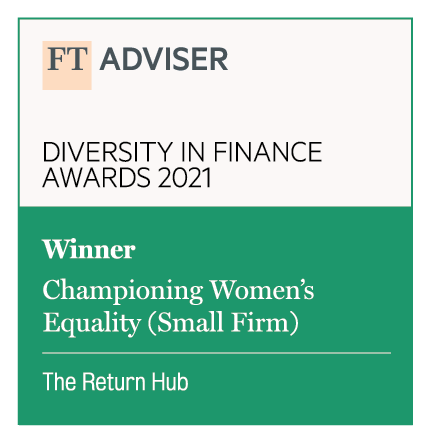
Preparing to relaunch or transition your career
Highly qualified, heavily experienced and skilled, but struggling to even get feedback on your CV let alone an interview? Intentionally or not, some recruitment practices make it easier for companies to hire people who are like the people who already work there (square peg-ism) – because it’s easier just to wave in ones who match their existing employee mold, rather than spend time searching out and assessing new kinds of people to join.
I meet hundreds of highly skilled, experienced and qualified professionals who have taken time out to care, to travel, to study or to start their own businesses and are overlooked in this way. Many are already in careers, but looking for a way to transition into something slightly different and struggling to make that leap because they are still considered a round peg.
To my mind, this is a hidden talent pool and thankfully, there are increasing numbers of forward looking firms that are beginning to share my view.
So how can you best prepare to relaunch or transition your career?
Focus your strategy
It is important that you know what it is that you are aiming for and that you can visualize what that might look like. Ask yourself some key questions before you make a start on your search:
The honest answers to these questions will set you on the right pathway. Ring fence 3 or 4 types of roles that would suit your experience and where you can add value.
Research your target area
Look carefully at the industry and the firms you’d like to target. Visit the relevant company websites. Do they have a diversity and inclusion policy? Have they published career case studies that demonstrate an openness to hiring? Have they run a returner programme or similar? Use social media to further drill down. Twitter, Facebook and Instagram can give you a more informal insight and these feeds are often more up-to-date than websites.
Identify where your skills gaps are
If you are looking to transition into a new area, what will you need to get up to speed? Look at the relevant industry bodies for support. Organisations such as the CFA Society for example offer lots of resources to their members. Check alumni groups for resources to help you keep up-to-date and current. There will also often be networking events, webinars, articles and courses – all of which will help you to keep or become current in your chosen sector. Consider what technical or regulatory qualifications you might need if you are looking for a career change. What other skills are there that would add value to your chosen field. If you haven’t already got a specific qualification, you may want to consider whether further investment will be right or necessary for you to achieve your career goals.
Sharpen your CV
Your CV outlines the business case for why you should be hired. It should demonstrate what sets you apart from all the other people in the market and how you can meet the needs of the organisation. Showcase your skills rather than your knowledge (which may or may not transfer) and how they could be applicable and transferable. How can they be used to demonstrate you can find solutions in your target industry? What are the pressure points and how can you help? Describe each role with achievement-led bullet points and illustrate these with examples with what you have delivered.
Beat the Applicant Tracking System
Sometimes referred to as an ATS, most companies and traditional recruitment agencies use Applicant Tracking Systems as the first stage of the screening process. So if you have emailed your CV via one of these and you have a gap in your CV or your skills don’t match the role, your CV may never get in front of a human! This can really sabotage your attempts to get an interview so it’s important to tailor your CV to the relevant role using key words. Choose 6 or 8 key skills and bullet point them at the top of your CV.
Network
In his book ‘Empowering yourself, the organisational game revealed’, Harvey Coleman asserts that performance counts for 10% of your success, image 30% and exposure a huge 60%. Furthermore, it is estimated that around 80% of people actually get their jobs through their networks.
You should look to meet people that can advise and mentor you and can point you in the right direction. Take some time to think about your current network and how diverse it is. Look to actively expand this with people that can help you on your journey. LinkedIn is a good starting point for this, but look strategically for networking events that you can attend to make new contacts. Be bold and ask for help – you’ll be surprised with where it might lead.
* The Return Hub is an executive search firm that places professionals who want to relaunch or transfer their careers with employers in the financial services sector. They also advise on and implement practical strategies that companies can use to target, assess, hire and support returning talent.
Find out more about how The Return Hub could help you with options to Relaunch or transition your career at www.thereturnhub.com and join us on LinkedIn, Facebook,Twitter, Instagram

